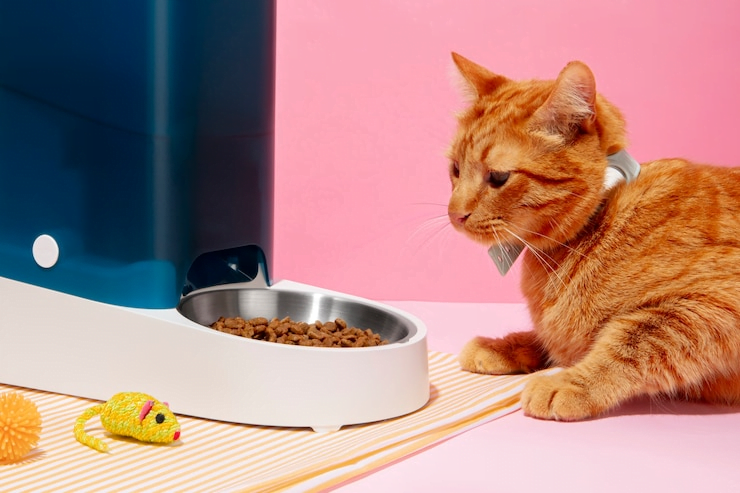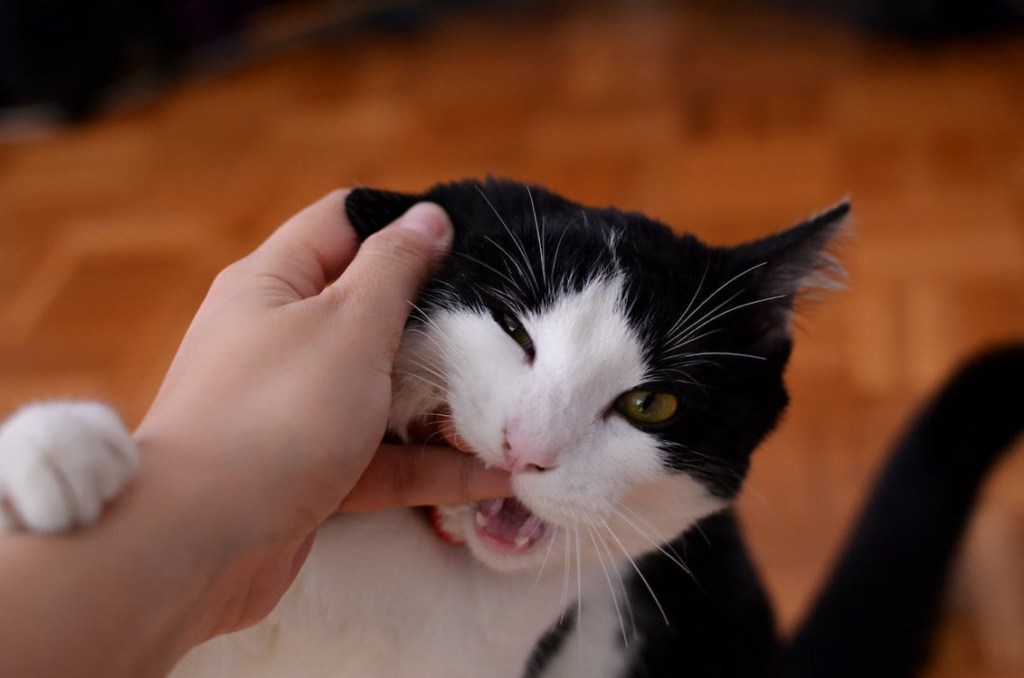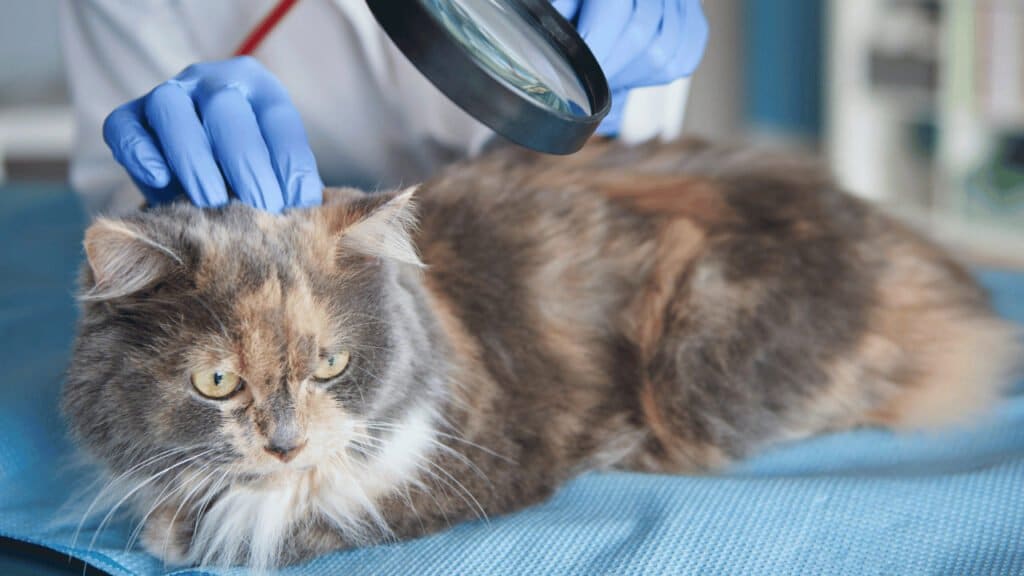Siamese cat health issues are one of the most popular breeds in the world, known for their striking blue eyes, sleek bodies, and affectionate nature. But like all pedigreed animals, they come with their health issues that owners need to be aware of. This blog post aims to provide valuable insights into common health concerns affecting Siamese cats, preventive measures, and ways to ensure a long, happy life for your feline friend.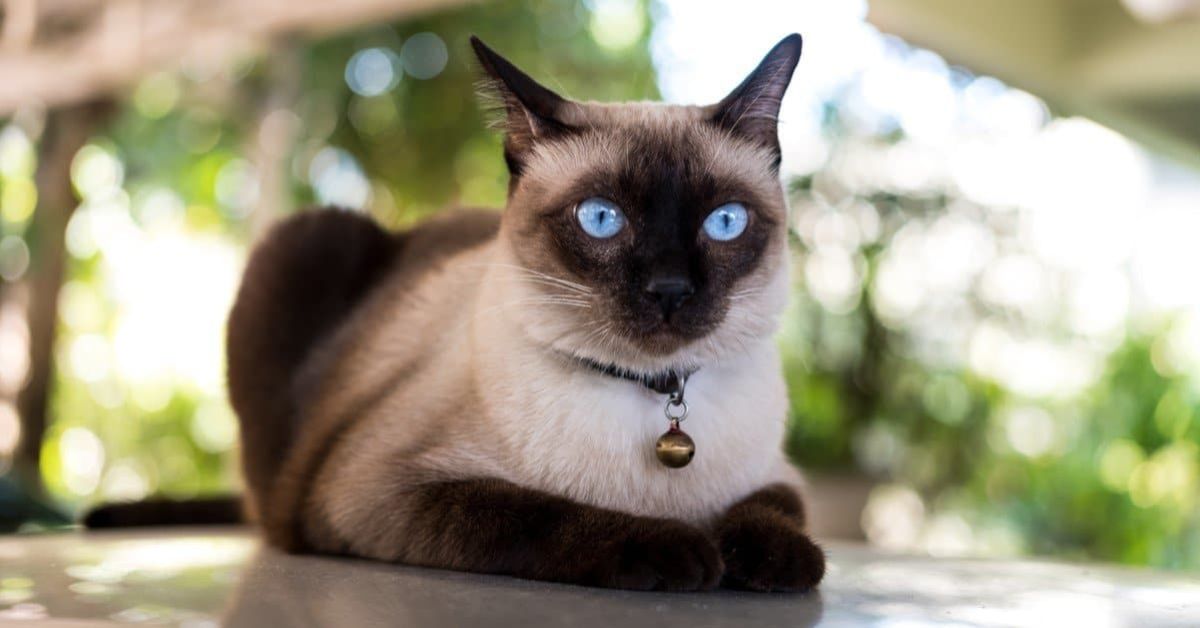
Introduction to Siamese Cat Health Issues
Siamese cat health issues, with their rich history and intelligent personalities, captivate cat lovers globally. However, owning such a unique breed comes with its challenges. One of these is managing various health issues that are more prevalent in Siamese cats compared to other breeds. This guide will walk you through the most common health problems, how to recognize them, and what you can do to keep your Siamese cat healthy.
Common Health Issues in Siamese Cats
Siamese cats, known for their striking blue eyes and sleek coats, are a beloved breed. However, like all pets, they are prone to specific health issues. Understanding these common ailments can help in providing better care and ensuring a longer, healthier life for these elegant felines.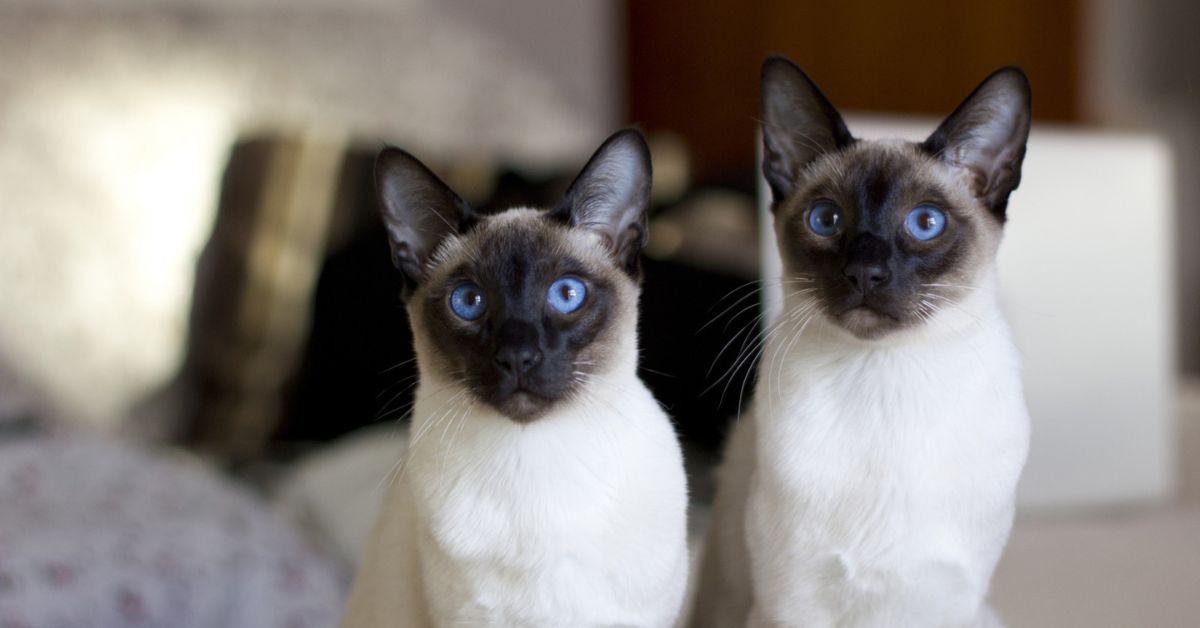
Respiratory Infections
Siamese cats are particularly prone to respiratory infections, including viral infections like feline herpesvirus and calicivirus. Symptoms can include sneezing, nasal discharge, and difficulty breathing. Ensuring your cat is vaccinated and maintaining a clean environment can help mitigate these issues.
Retinal Atrophy
Progressive Retinal Atrophy (PRA) is a genetic condition that leads to blindness. Early signs include night blindness and dilated pupils. Regular veterinary check-ups can help in early detection and management.
Dental Diseases
Dental issues are another common health concern in Siamese cats. Periodontal disease, characterized by inflamed gums and loose teeth, can lead to more severe health problems if not addressed. Routine dental care, including brushing your cat’s teeth and providing dental chews, can help maintain those pearly whites.
Kidney Disease
Kidney disease is prevalent in older Siamese cats. Symptoms include weight loss, increased thirst, and frequent urination. Early diagnosis through regular veterinary check-ups can significantly improve the quality of life for cats with this condition.
Hypertrophic Cardiomyopathy
This heart condition, characterized by the thickening of the heart muscle, is another genetic ailment affecting Siamese cats. Symptoms include lethargy and difficulty breathing. Regular cardiac screenings are essential for early detection.
Siamese Cat Health Care and Prevention
Proactive health care and preventive measures are essential for maintaining the well-being of Siamese cats. From regular vet visits to balanced diets and genetic screening, these practices ensure these distinctive felines live longer, healthier lives. Understanding their needs is key to providing optimal care and preventing common health issues.
Recognizing Signs and Symptoms
Early detection is crucial for managing health conditions effectively. Watch for behavioral changes, weight loss, or unusual symptoms like coughing or difficulty breathing. Immediate medical care can often make a significant difference.
Preventive Care
Preventive care is essential for managing common health issues. Regular veterinary care, including vaccinations, dental exams, and routine blood tests, can help catch potential problems early. Ensuring your cat maintains a healthy weight through proper nutrition also plays a vital role in prevention.
Treatment Options
Treatment varies depending on the condition. Respiratory infections often require antiviral or antibiotic treatments, while dental diseases might need professional cleanings. Kidney disease and hypertrophic cardiomyopathy often require lifelong medication and dietary adjustments.
Proper Nutrition and Care for Siamese Cats
Apart from preventive care, proper nutrition, and overall well-being play a significant role in keeping your Siamese cat healthy. High-quality, protein-rich food is essential to maintain their lean physique. Providing mental stimulation through toys and activities can keep them happy and prevent behavioral issues.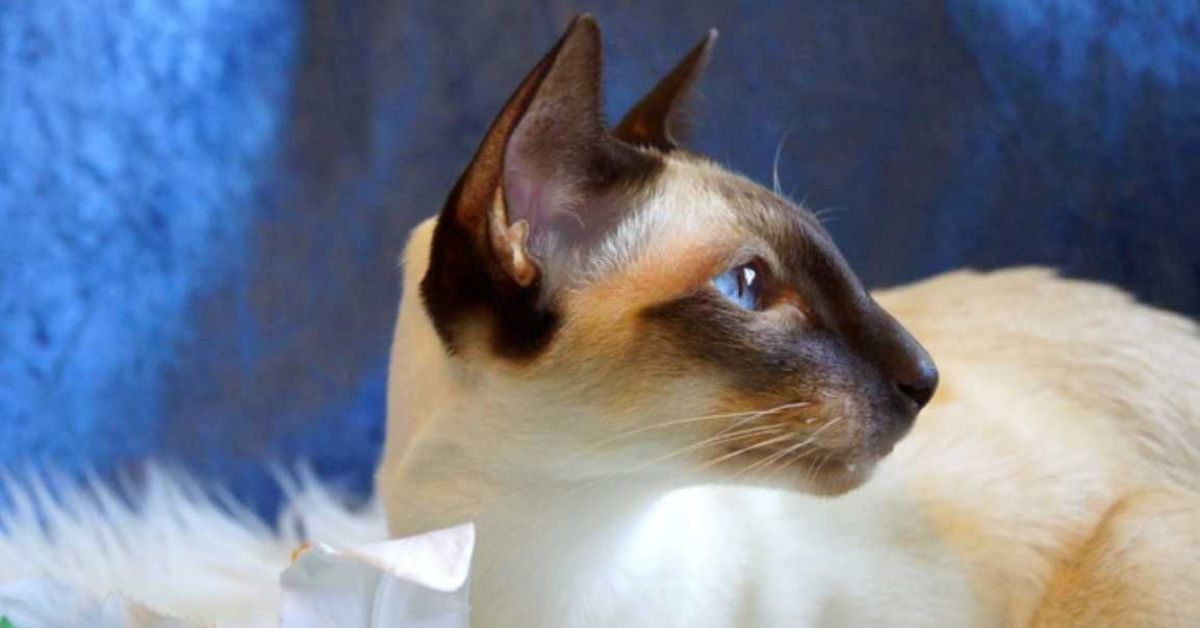
Importance of a Balanced Diet
A balanced diet is crucial for maintaining a healthy life. Choose high-quality wet food and dry kibble tailored to your cat’s needs. Food packaging often highlights essential nutrients that support overall health, helping to manage conditions like inflammatory bowel disease and weight management.
Regular Veterinary Check-Ups
Regular veterinary check-ups are vital. These visits can catch health issues early and guide preventive care. Your vet can also offer personalized advice on maintaining your cat’s dental health and managing chronic conditions.
Routine Care
Routine care, including grooming and dental hygiene, is essential. Regular brushing reduces loose hair and prevents skin conditions, while dental care helps avoid gum disease and other dental issues. Scratching posts and cat trees can also help keep your cat physically active and mentally stimulated.
Special Considerations for Siamese Cat Owners
Siamese cats are known for their intelligence and social nature, making them great companions. However, they can also be prone to separation anxiety when left alone for extended periods. Consider adopting two Siamese cats if you plan on leaving your cat home alone for long hours.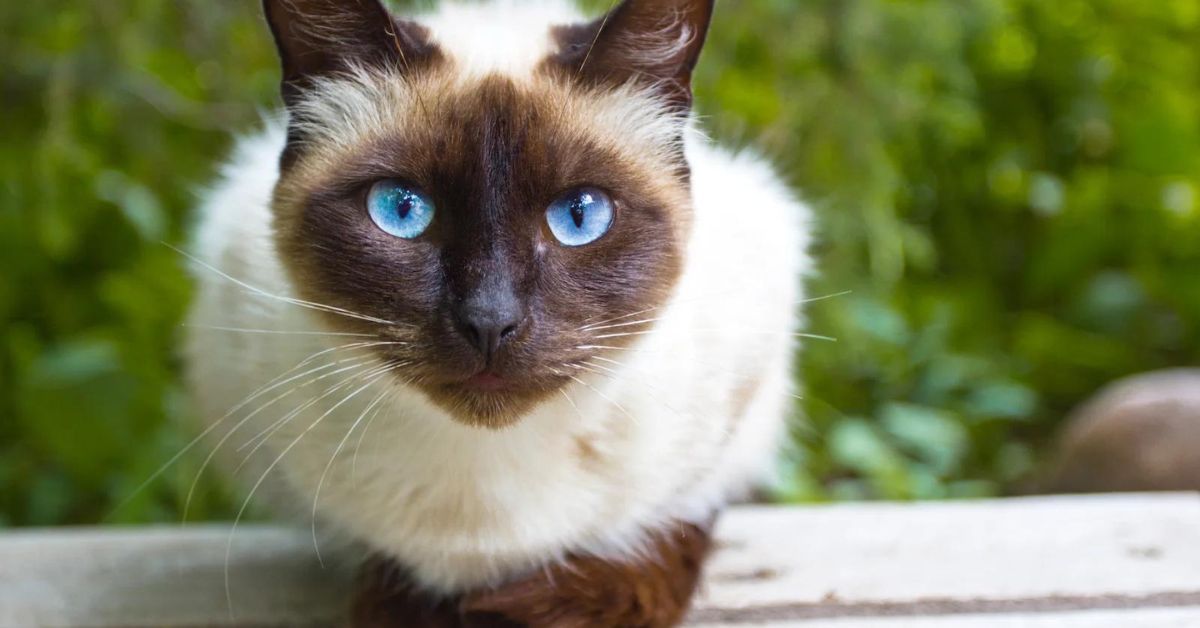
Creating a Stimulating Environment
Siamese cats are intelligent and curious. Providing a stimulating environment with food puzzles, scratching posts, and interactive toys can improve their mental well-being. This also helps in preventing behavioral issues stemming from boredom.
Dealing with Genetic Conditions
Understanding and managing genetic conditions like Niemann-Pick disease and bronchial disease can be challenging. Genetic testing can help identify these issues early, allowing for better management and treatment options. Consulting with a vet experienced in genetic diseases is advisable.
Maintaining Dental Health
Dental health is often overlooked but crucial for overall well-being. Regular brushing and dental check-ups can prevent common issues like periodontal disease. Special dental diets and treats can also contribute to maintaining good oral hygiene.
Conclusion
Siamese cats bring joy and companionship to many households, but they require special attention to their health needs. Early detection and regular veterinary care are essential for managing common health issues. By providing proper nutrition, maintaining a stimulating environment, and staying vigilant about their health, you can ensure a long, happy life for your Siamese cat. For more personalized advice, consider booking a consultation with your veterinarian to discuss the best care strategies for your feline friend.
FAQ
Are Siamese cats prone to specific genetic disorders?
Yes, Siamese cats are more susceptible to genetic disorders like Progressive Retinal Atrophy (PRA) and Hypertrophic Cardiomyopathy. Regular check-ups and genetic testing can help in early detection and management.
What is the best diet for a Siamese cat?
A balanced diet that includes high-quality wet food and dry kibble is essential. Look for food packaging that highlights vital nutrients. Consult your vet for personalized dietary recommendations.
How often should I take my Siamese cat to the vet?
Regular veterinary check-ups, at least once a year, are crucial for early detection of health issues. Older cats or those with chronic conditions may require more frequent visits.
How can I maintain my Siamese cat’s dental health?
Regular brushing, dental check-ups, and providing dental treats or special diets can help maintain good oral hygiene. Routine care is essential for preventing periodontal disease and other dental issues.
What are the signs of kidney disease in Siamese cats?
Symptoms of kidney disease include weight loss, increased thirst, and frequent urination. Regular veterinary check-ups and blood tests can help in early detection and management.


